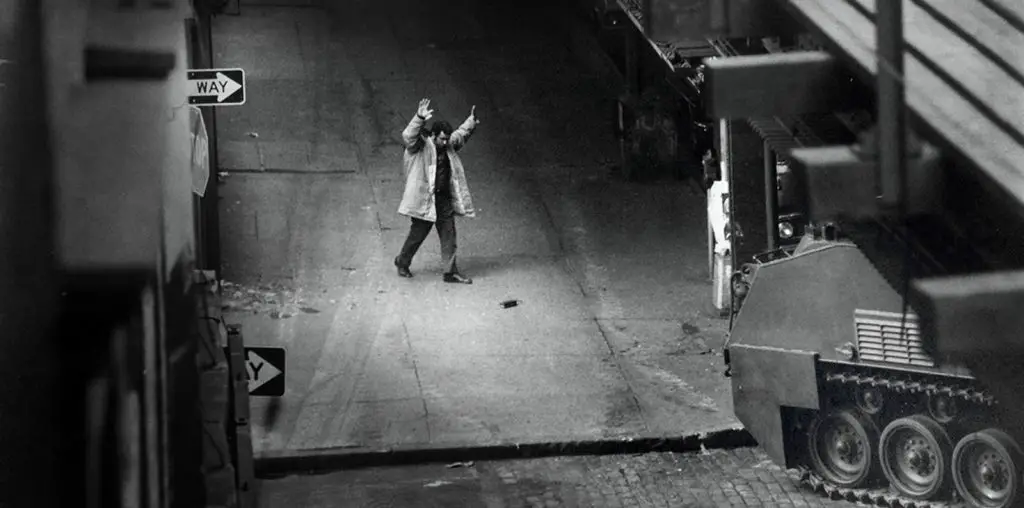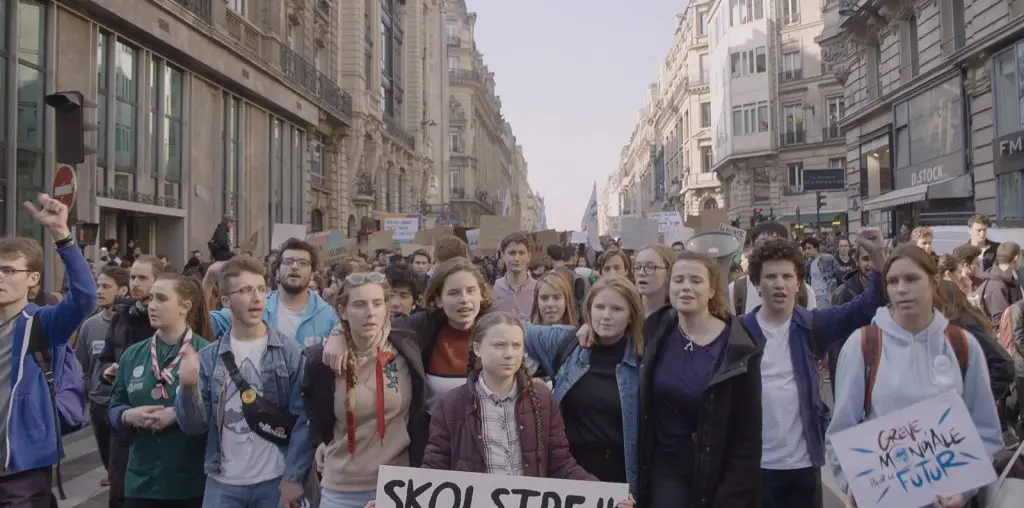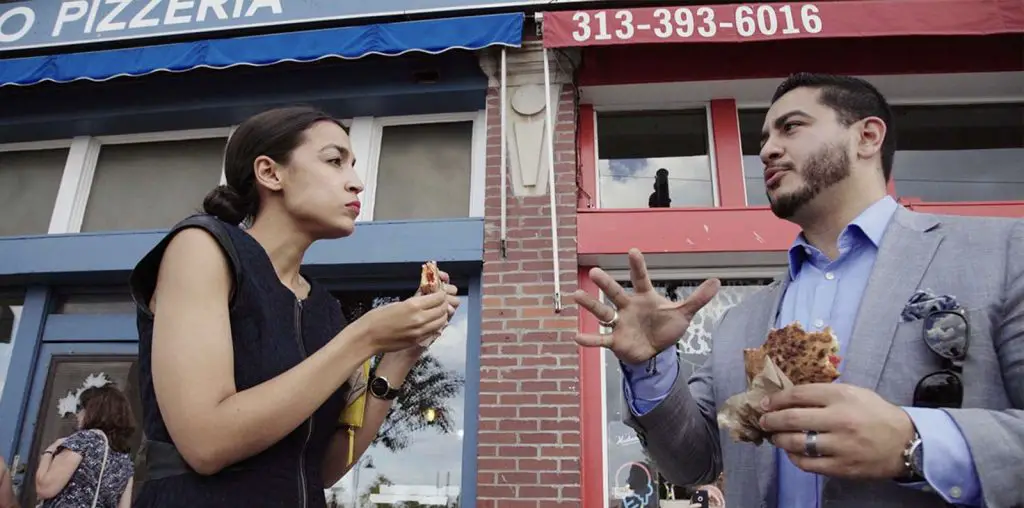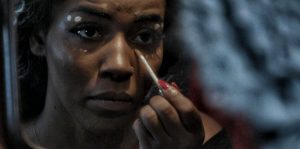
In She Had a Dream, director Raja Amari documents 25-year-old Ghofrane Binous as she combats racism in Tunisia by running for office during the 2019 legislative elections. The documentary emphasizes its subject’s perspective at the expense of a more comprehensive look at Tunisian’s democracy system. But that’s not necessarily a negative. In addition to being a real-life look at a fervent activist, the movie’s an intimate look at a staunch woman simply growing into herself.
The doc begins calmly, with Binous proclaiming her dislike of looking at photos of herself. But if you surmised that she isn’t a confident person, you would be mistaken. On the contrary, she is a young black woman who never allows others to bring down her confidence and spirit. Throughout school, she was insulted and ignored for being unabashedly herself. In the Essadia blue-collar district where Binous lives, she is safe from prejudicial practices. However, she’s witnessed her fair share of racism, which runs deep in Tunisia.
Before anything, She Had a Dream is a character study exploring the life of Ghofrane Binous. She quit her flight attendant job after a passenger hurled racist comments at her. She pursued law, and that morphed into a political career after being inspired by the words of Youssef Chahed. She eventually got involved with the Tayha Tounes party to encourage other black Tunisians to evoke social change. An appropriately unobtrusive, free-flowing camera follows Binous as she talks to neighbors and ex-cons about getting involved with politics. She cleverly navigates the thorny political topics without losing their attention or minimizing others’ opinions.
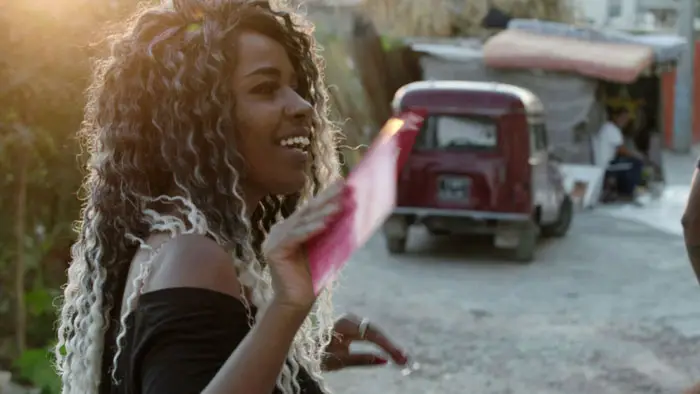
“…Ghofrane Binous…combats racism in Tunisia by running for office…”
Binous is brimming with confidence and ardor. Amari captures her character traits realistically without twisting the narrative to make her appear infallible. There’s a modestly urgent atmosphere and solemn tone on account of Binous confronting racism and weighty political aspirations. The movie has an authenticity that contrasts smoothly with the subject’s energy and tenacity.
Unfortunately, not everyone is supporting Youssef Chahed for re-election. And not everyone is optimistic about the political system in general. That provides Binous with a political dilemma. Sometimes somebody’s perspective is not only drastically different but unalterably negative. In some cases, truth is subjective, and subjectivity often outweighs objectivity. Binous went into politics unprepared. Even so, some of the most engaging scenes of She Had a Dream are the ones where she interacts with the community to make them care about politics again.
Binous still faces racism, as seen in her interaction with a taxi driver who refused her because she’s Afro-Tunisian. But, at the end of the day, she cannot be stopped by anyone or anything. It is that kind of stickability that’s commendable and delightful to experience in a person.
She Had a Dream is an insightful and inspiring glimpse into the life of a political activist. I can see why Raja Amari chose Ghofrane Binous as a subject; her political brio aside, she’s simply a fervent and well-spoken individual who imagines a future driven by more diversity and unity. For her, getting involved with politics is how to change things, and it’s hard to disagree.
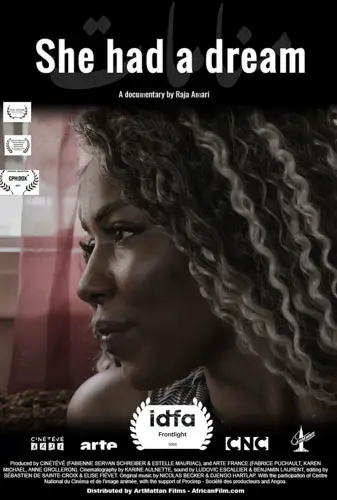
"…insightful and inspiring glimpse into the life of a political activist."
